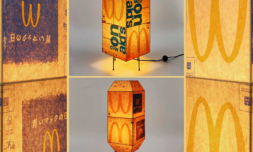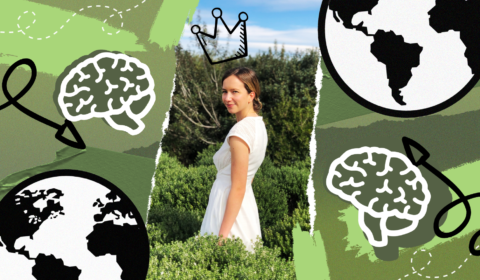Many Indo-Pak lovers meet online and go to great lengths to be together, even crossing the border or uniting at the Kartarpur corridor, a visa-free territory. Those that are successful often settle down in safe havens such as Dubai.
Social media has recently been busy with discussions of the Indian and Pakistani diplomats S Jaishankar and Bilawal Bhutto making snide comments about one another.
Given the longstanding rivalry between both states, it can be humorous when foreign ministers make witty remarks at international forums. At the same time, however, some of us acknowledge that bitter dialogue from either country only acts as fuel to the blazing Indo-Pak conflict.
These strained ties impact not only diplomacy and trade, but also an often overlooked segment of Indian and Pakistani citizenship – cross-border couples.
Indo-Pak couples are a rarity and understandably so. With both countries constantly striving to ‘one-up’ the other, couples hoping to look beyond this rivalry have the odds stacked against them.
For this reason, Indo-Pak couples are special. They overlook their differences and come together in symbolic union, providing a lesson in peace for all Indians and Pakistanis. One such couple is Alia and Mustafa.
A brave love story
Alia, who comes from Jamshedpur, grew up in a quintessential Indian Hindu family. When she moved to the metropolitan city of Mumbai for university and work, she found comfort in the religion of Islam and decided to revert.
Only a few months later she transferred to her office in Bahrain. The first person she befriended in this new country was her colleague and to-be husband Mustafa, who hails from Multan in Pakistan.
Soon, they went from colleagues to friends and, eventually, soulmates. Both bonded over their mutual ability to speak Hindi and Urdu, which are nearly indistinguishable from one another.
At the same time, they had two clear obstacles. Mustafa was a Pakistani while Alia was an Indian. Mustafa came from an Islamic background while Alia was a Muslim revert with a Hindu background.
Now, as a child, Mustafa recalls having Hindu friends who he would visit from time-to-time. And while his mother did not approve of such mixing, he himself saw nothing objectionable in interacting with people from different faiths.
Much like Mustafa’s mother, Alia’s family too had a sentiment towards Muslims which ranged from neutral to negative. So while the couple had no reservations about each other’s identity, their families did.
It was precisely this hesitancy that led to a prolonged struggle in Alia persuading her parents to let her marry Mustafa. Yet, in spite of her persistence, she found that they were unwilling to accept him.
After seven years of being together, they formalised their marriage on the 22nd of February last year.
Fortunately for Mustafa, his family was overjoyed upon hearing the news of this marriage. Although his parents are no longer alive, his sisters approve of Alia – especially because she is now a practising Muslim.
Conversely, it has been nearly two years since Alia has been in contact with her parents. She shares that they have ‘abandoned’ her and do not even want to look at her son, who is now seven months old. Even so, she states that her uncle is quite broad-minded and is the only person in her family who is supportive of her new life.
When asked about whether any of them have travelled to their partner’s homeland, Alia says that both of them eagerly wish to do so but have not had the opportunity yet. Nonetheless, they share a fascination for the neighbouring country’s food, culture, and music. They plan to get started with their respective visa processes soon.




















